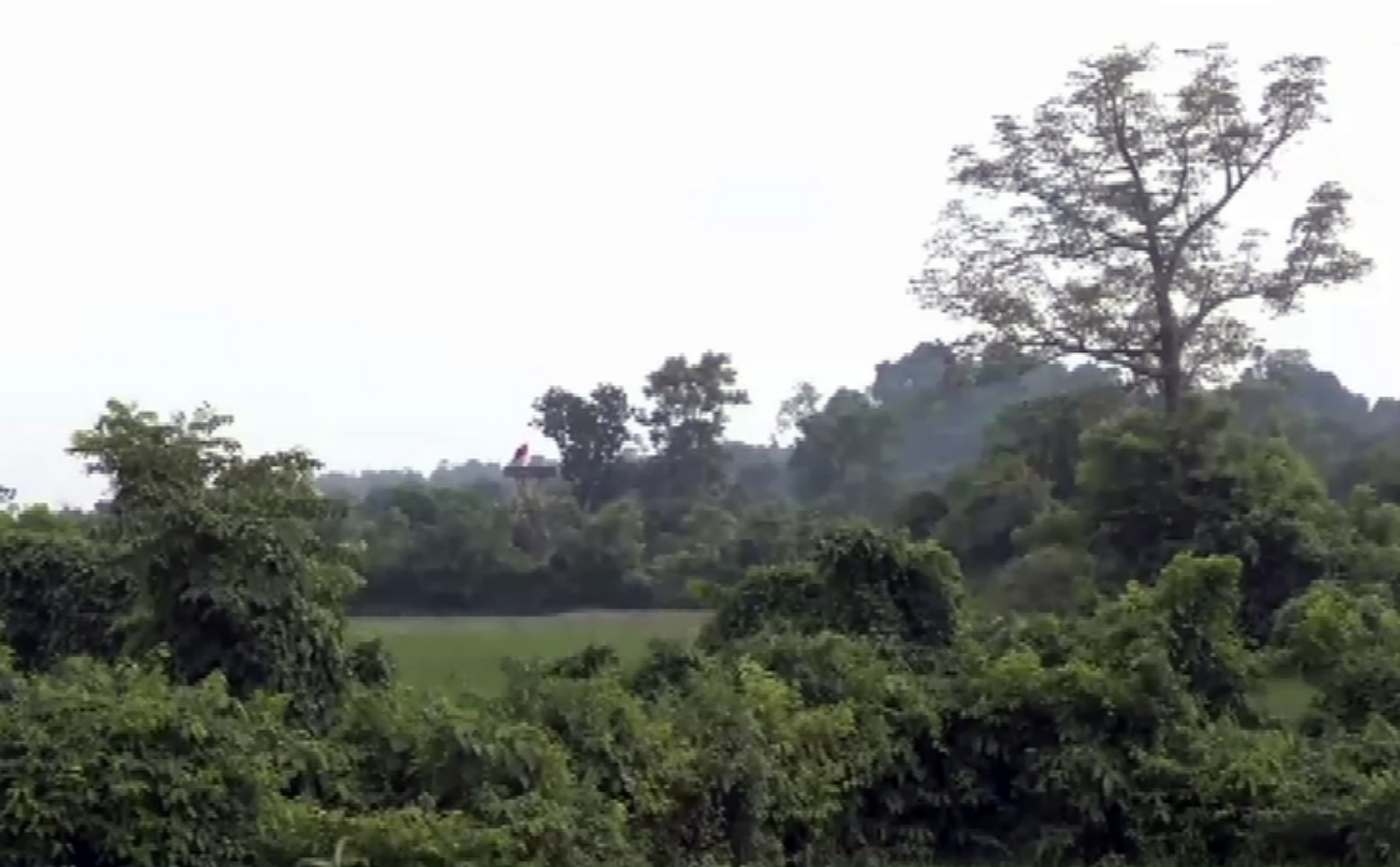
Hindu Voice Team: What was once a border meant to separate two nations has, for Bangladeshis living in Cox’s Bazar, become a deadly minefield. For the past eight years, landmines allegedly planted along the Bangladesh–Myanmar border have killed and maimed nearly fifty Bangladeshi citizens, exposing a shocking failure of accountability and humanitarian responsibility.
Most victims were poor villagers—farmers, cattle herders, and children—who had no idea they were walking into hidden explosives. But, those mines were allegedly put to stop cow smugglers. The blasts not only robbed them of limbs and lives but also plunged families into extreme poverty. Survivors live with untreated wounds, while widows and children face hunger after losing their only providers.
Rights activists accuse Myanmar of deliberately placing landmines in no-man’s land and border zones to block the movement of cow smugglers, refugees and villagers. Despite repeated reports, little has been done to clear these explosives or compensate victims. Critics say the silence of the Bangladeshi government has worsened the crisis, leaving border communities abandoned to their fate.
“The border has become a killing ground for ordinary people. Every mine blast is proof of gross negligence by both governments,” said a rights campaigner monitoring the situation.
Humanitarian groups are demanding urgent international intervention. They argue that mine clearance operations, medical aid for survivors, and cross-border accountability must be prioritized. Failure to act, they warn, will only deepen the humanitarian tragedy and embolden those responsible for planting the explosives.
For villagers of Cox’s Bazar, life remains a constant gamble. Each step into their fields or forests could mean sudden death—an ongoing reminder that in this borderland, politics has buried its victims beneath the soil.